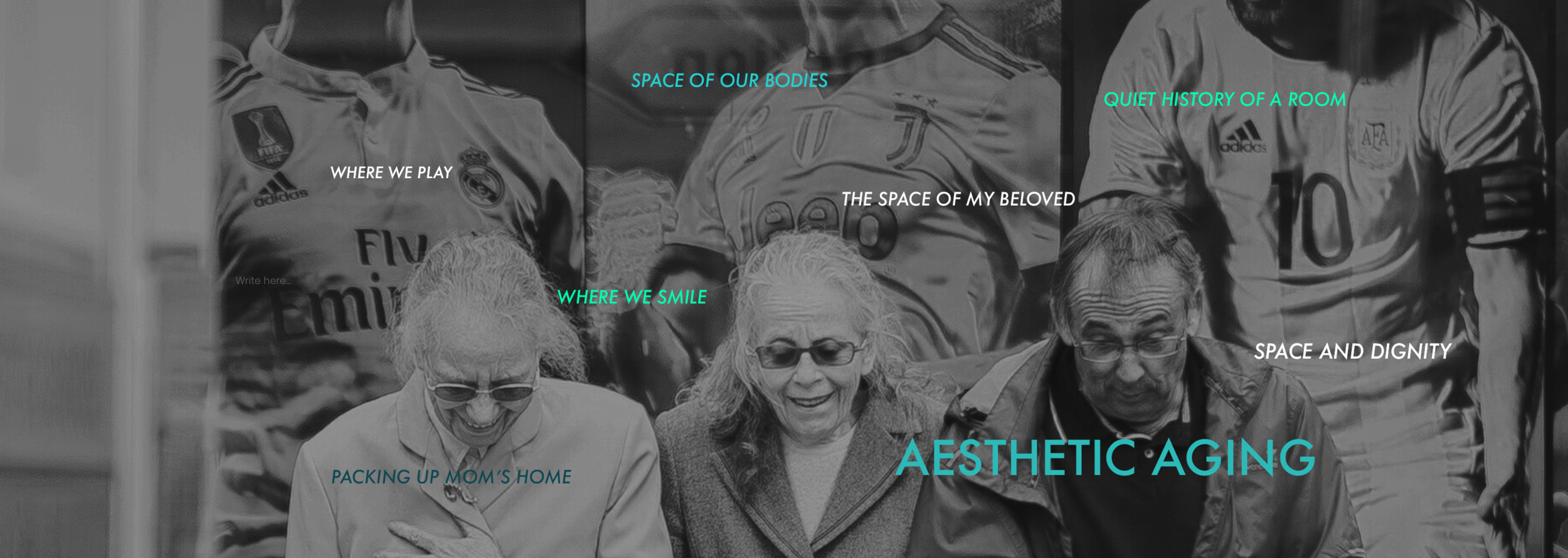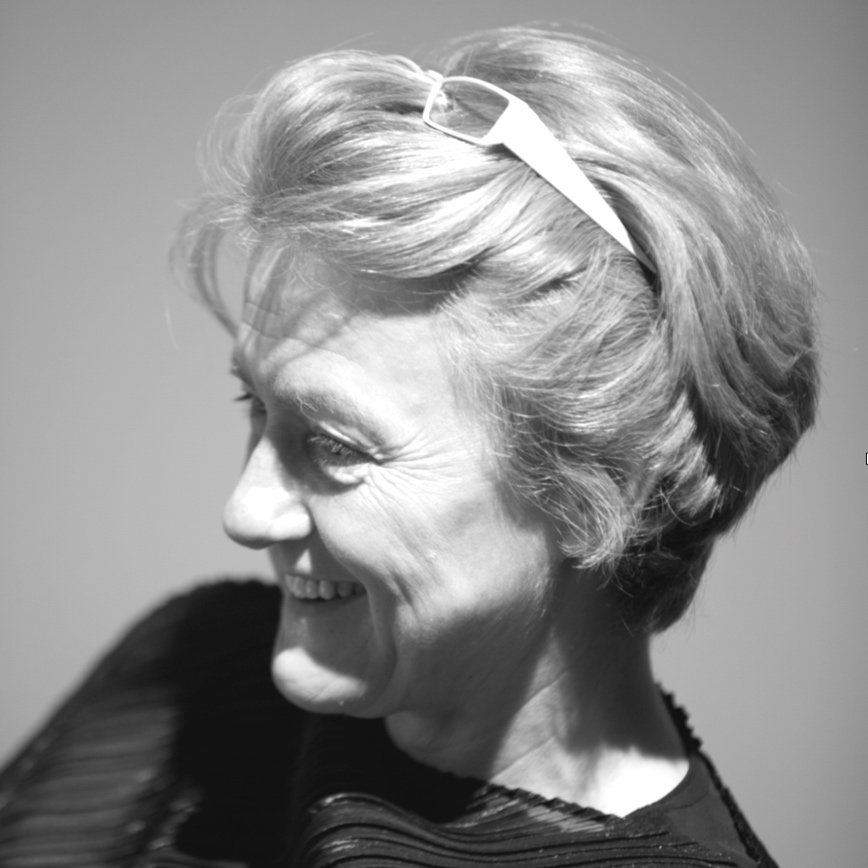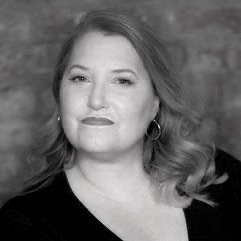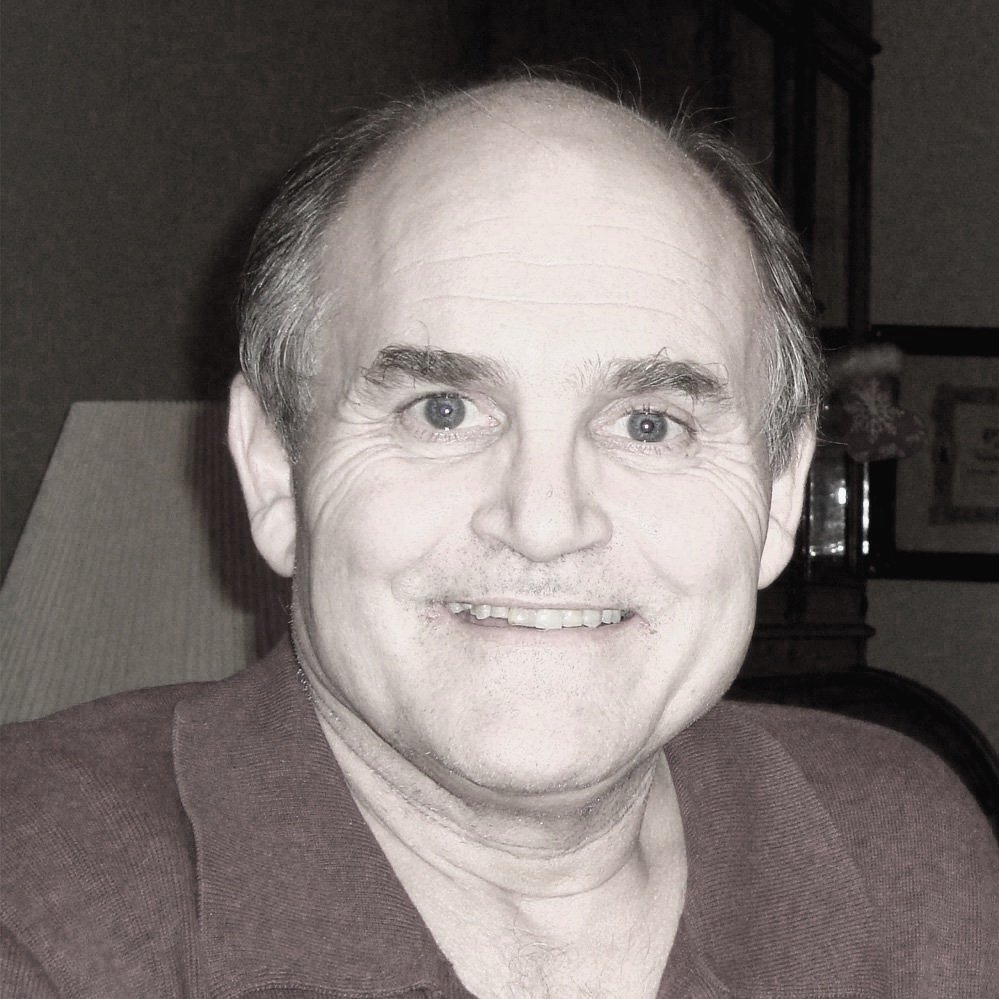
WHEREING is a podcast which explores 'where we are'.
Like clothing, we are 'WHEREING' (wear-ing) our spaces.
How do we emotionally, physically and psychologically
experience, absorb and impact the places we occupy?
Hosted by designer, Nina Freedman, these are conversations about
Belonging, Space and Design.
Welcome.

Hi, I’m Nina Freedman, the host of WHEREING.
My background? I’m an architect, professor and founder of the design practice, Dreamland Creative Projects. I’m fascinated by the creative exchange of psychology, mindfulness and design.
Space is a layered story. Story is a layered space. It shapes a cultural narrative. Spaces hold stories that continue to live. It is a form of inner map that contains beautiful and imperfect fragments that describe our place in the world. I call this the ‘spatial story’. WHEREING opens that sacred conversation.
WHEREING is for anyone with a story, memory, or dream about a connection or disconnection with spaces or objects. It is for anyone that tries to understand ‘what is home’ and how we equally impact the spaces that impact us. It is about belonging ‘where we are’.








CURRENT EPISODES
Sulaiman Khatib grew up in a small Palestinian village, on the outskirts of Jerusalem. At the age of 14, he and his friend received long jail sentences for stabbing and injuring two Israeli soldiers. In the jail library he studied the history of the Jewish people, and began to understand that there were equally compelling narratives to both sides. A reconstructed perspective of non-violence, further impacted by hunger strikes in jail, seeded his future dedication to peace and reconciliation work.
In 2005 he cofounded the Combatants for Peace, an organization created by Palestinian and Israeli former fighters and victims of violence. Combatants for Peace is modeled on humanistic values of empathy, forgiveness and mutual respect for a future of peace on the sacred homeland that both Palestinians and Israelis love, fighting not each other - but the common enemy of hatred and fear.
Nominated twice for the Nobel Peace Prize, his transformative journey and visionary optimism is rooted in a deep love of the land, ancient wisdom, and spirituality.
Born in Germany, post World War II, as part of the generation with the ‘grace of late births’, DAGMAR RICHTER describes the impact of that context and time on her work, identity and places she has since lived.
She talks about engagement and discourse in her work as an architect and educator, as the necessary antithesis of the wall of silence she experienced when young. Her work deconstructs, exposes and reveals what is often uncomfortable, or what she calls ‘not smooth’.
KIM JORGENSEN GANE is a midwestern mom, a speaker, author and activist community leader; a democrat, running for State Senate in Michigan’s District 20. For this candidacy, she leads with an approach of ‘care’, informed by her deep connection and understanding of the place she has lived most of her life and its complex politics. She brings her ‘every mom’ passion to issues of class, gender and race in her still deeply segregated state, helping the public connect to their values, stories and lived experiences with how they vote.
BOEDI WIDJAJA is a prolific international artist whose work is deeply tied to his personal experience of being a migrant child in Southeast Asia. Impacted by the region’s complicated entangled histories, his poetic art explores themes of diaspora, memory, cultural hybridity, identity and space.
Men’s Sheds, an international phenomenon, with thousands of clubs worldwide, are mainly ‘clubs for older guys’. They provide a place for older men to meet, build friendships and projects, pursue their interests, learn new things, and discuss health issues. In these places, there is a comfort level to talk while working “Shoulder to Shoulder”. We listen to Phil Johnson the Managing Director and catalyst behind the Men’s Sheds movement in the United States, talk about the transformative effect Men’s Sheds have had on retired and elder men’s lives.
Imagine a radical school curriculum where 4 and 5 year old children, are required to visit the homes of every student in the class. I speak with Sarah Leibowits, a lower school educator at the Manhattan Country School in New York, who has taken her class on these very home visits for 20 years. Established as a 'private school with a public mission’, lessons at the school from kindergarten through 8th grade are built on the celebration of unique difference.
In this episode, Haya Haddad, a young, driven woman, a Christian, Palestinian, Israeli citizen, delves into her personal family and communal, historical narrative of displacement, and her multiple minority identities, all which inspire her social, humanitarian and political work. She talks about the hope for integration by understanding the collective human story.
This interview was done prior to the beginning of the war in Ukraine. While this discussion focuses on the displacement experience of the Palestinians, some of the themes, although different in detail, context and complexity, correlate with the current forced evacuation of Ukrainian citizens. I thought about this a lot while I prepared the episode to air. I expect you will too.
This is the FInal Episode of Season 1! To all listeners, THANK YOU! From starting this naive experiment, during the pandemic, from my home, it amazes me that I have listeners all over the United States and the world. Wow! I am taking a break over the summer, and will return in September. This episode gives you some short Season 1 highlight clips, and ‘behind the scenes’ info about the Whereing Podcast. It is part of a recent talk about the podcast I was invited to give to the Pratt Institute School of Design, Department of Interior Design INT Talks.
I speak with Karen Kubey, who is an urbanist and ‘houser’ with an enduring passion and commitment to affordable housing as the generative factor in social equity and justice. We speak about the ways to engage residents in the decisions for the design of their homes, and the need to push for generous, transformative policies, because housing is a human right.










A seventh generation descendent of family who lived in Sefad, Israel, the city where mystical scholars of the Kabbalah found refuge in the 16th Century; Nili Portugal is an architect, author and filmmaker. We discuss her film “And the Alley She Whitewashed in Light Blue”, a stunning, poetic, visual masterpiece of the seasonal rituals in her Grandmother Rivka’s hotel, at the end of an alley in that old city. The film is one of her many works which seek to find a universal answer to the question “What is the basis of all those places in which one feels at home, and wants to return to, again and again?”